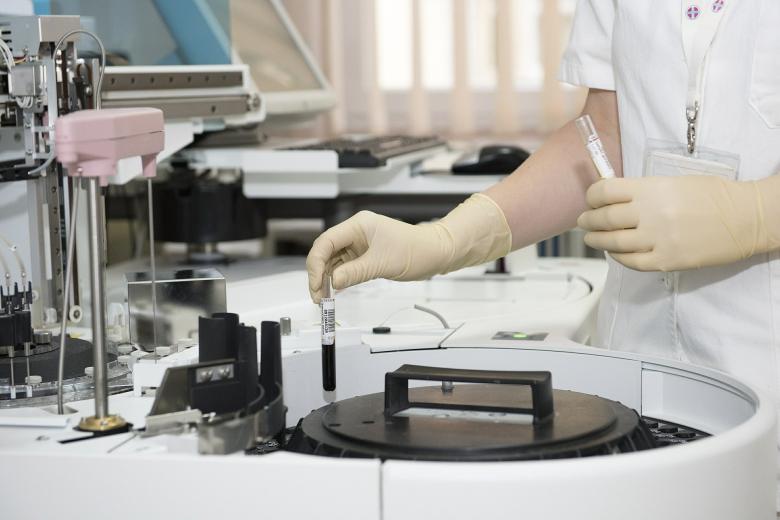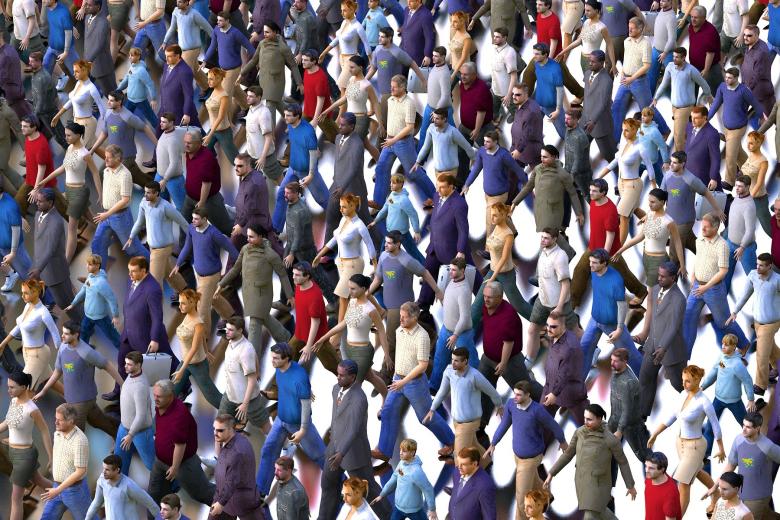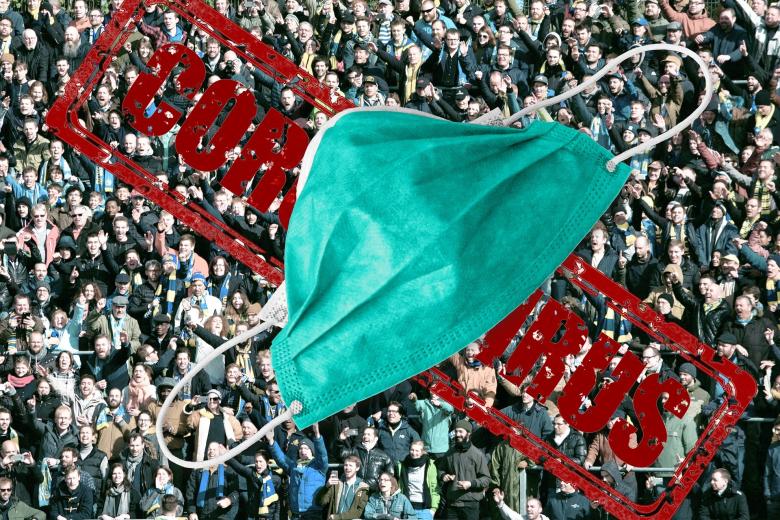The many effects of COVID-19 on the criminal justice system
Slowly but surely we are getting a picture of the many short-term effects COVID-19 is having on the Dutch criminal justice system. In a limited amount of time, many different and far-reaching measures have been taken to adapt to the new circumstances. Courts are closed and only urgent cases are dealt with. Nevertheless, criminal acts with a clear COVID-19 aspect are swiftly tackled through different ways of fast track proceedings (snelrecht).
The Board of Prosecutors General has made clear that (mis)using the virus in the criminal context will not be tolerated. Practice shows that these ‘promises’ are taken seriously by the prosecution and the judiciary: there have already been several judgments of District Courts sentencing people for coughing or spitting (often in direction of police officers) and/or for threatening to infect others with the virus. For example, in Maastricht this week, a 19-year-old man was sentenced to eight weeks in prison for spitting on a bus driver while screaming that he had coronavirus. The case was brought to court within three days (supersnelrecht). It was the first time this type of fast track proceedings was used in the province of Limburg. However, spitting and coughing are not the only ‘new’ criminal offences emerging as a result of the coronavirus. For example, also fraud and cybercrime seem to be booming under the new circumstances. On the other hand, more common crimes such as traffic offences and burglary have – for obvious reasons – been decreasing. In a first attempt to shed some light on the newly emerging case law, the District Court of Rotterdam has identified five different categories of COVID-19 offences and whether and how the virus-aspect should be taken into account when deciding on the appropriate sentence. The first three categories that the Court distinguishes concern cases of abuse, threat or fraud where COVID-19 is used as a means to commit the crime. In category four and five – which are much broader and potentially cover all kinds of crime – the virus is not used as a means but is nevertheless a relevant factor. As an example, the Court mentions the possibility of people getting into fights over not obeying social distancing rules. Dutch media have already reported several incidents of such fights in supermarkets.
As in other countries, the Netherlands is also facing the question whether Covid-19 should influence decisions on pre-trial detention. Traditionally, pre-trial detention is a widely used measure in Dutch criminal proceedings. Published case law already illustrates different examples of requests for suspension (or ending) of pre-trial detention based on arguments related to COVID-19. In a nutshell, these defences either refer to the individual circumstances of the detained, the situation in prison, or delay of the investigation. Although current decisions of first instance Courts illustrate that corona-defences should be well documented, they can definitely be successful. See for example a case of 19 March 2020 in which the Court decided that pre-trial detention – despite the severity of the alleged crime (transport of 28 kilograms of heroin and money laundering) and the risk of reoffending – could be suspended “given the very special circumstances related to the corona-crisis” and the fragile health condition of the suspects’ parents. That those deprived of their liberty deserve special attention during the corona-crisis has also been underlined by the European Committee for the Prevention of Torture and Inhumane or Degrading Treatment or Punishment (CPT). On the 20th of May the CPT issued a Statement of Principles relating to the treatment of persons deprived of their liberty during the corona virus disease. One of the Principles states that – as close personal contact encourages the spread of the virus – concerted efforts should be made by all relevant authorities to resort to alternatives to deprivation of liberty (principle no. 5). Furthermore, it is stressed that in cases of isolation or placement in quarantine of a detained person who is (suspected of being) infected by the virus, the person concerned should be provided with ‘meaningful human contact every day’ (principle no. 8). Meanwhile, the Dutch Minister for Legal Protection has announced that all visits and leaves of detainees will be suspended. Court sessions and hearings that do take place are carried out with as little human contact as possible. This means that suspects, lawyers and other participants will for example be heard via video-link. These new ways of communicating do not only raise practical issues but also more fundamental questions such as whether hearing a suspect at a distance may impact judicial decision-making.
While writing this blog, the Dutch Government has announced that the strict measures impacting virtually all aspects of our daily life will continue for – at least – the next few weeks. This means that also the criminal justice system will not be able to get back to ‘business as usual’ any time soon. The question how all of this will affect everyday practice of criminal proceedings in the long run deserves our special attention.
| More blogs on Law Blogs Maastricht |
-
COVID-19 Technology Access Pool (C-TAP): a promising human rights approach
How do we guarantee access to COVID-19 vaccines and therapies, and secure health-related human rights for all? We’ve heard a string of promises in the race for new vaccines and therapies.

-
Human rights, disabled people and Inclusive citizenship: planning for and beyond the corona virus and other emergency situations
The Corona Virus crisis has led many people to reflect on aspects of citizenship and civil rights, ranging from personal privacy in the context of “corona apps” to the right to receive health care and medical treatment without discrimination. This blog examines two elements of citizenship which, in...

-
The right to health dimensions of COVID-19
It’s been almost a month since the COVID-19 pandemic has drastically changed the way we live and work. Now that we are more used to, in a manner of speaking, the extraordinary measures to curtail the rampant spread of the virus, it’s time to seriously consider, and openly discuss, this crisis’...
